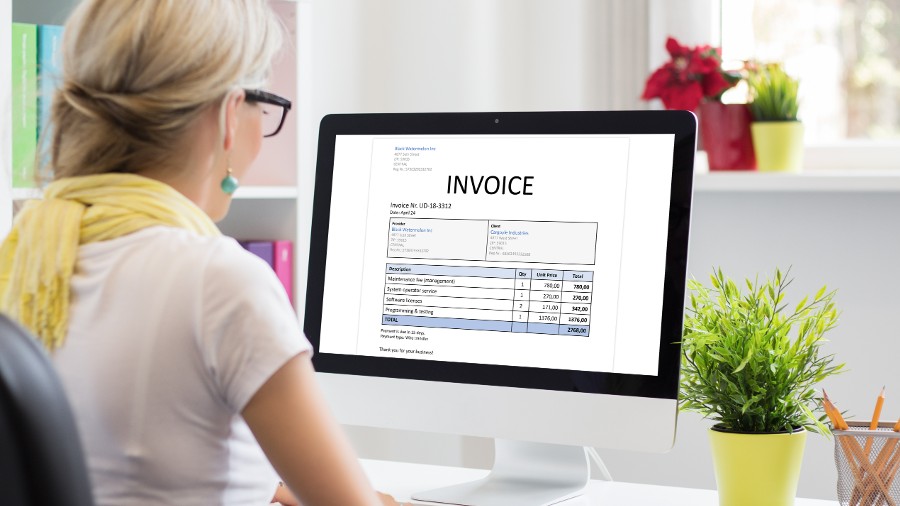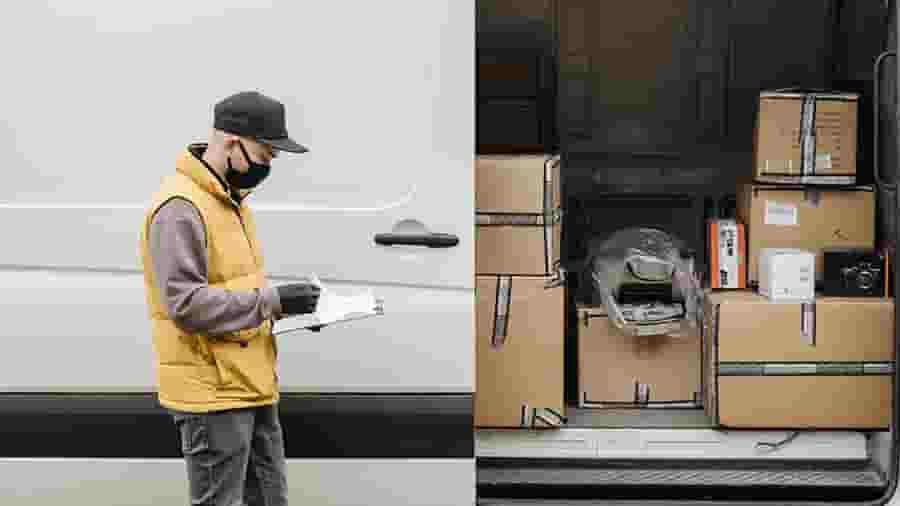Five factors to consider with 3PLs
If you’re considering outsourcing your company’s logistics operations it’s important to understand all your options and business needs to find the best fit solution.
The first thing to keep in mind is your budget. You obviously need a logistics solution that you can afford. But, beyond dollars, here are a few tips to keep in mind.
1. Know your products
Not all 3PLs are the same, and in fact, there are quite a few that are industry-specific. For example, do you need a cold storage warehouse for food products? Or do you need a fulfilment centre that specialises in chemical warehousing? Consider if the 3PL’s you are looking at has experience and expertise with your type of business.
2. Be mindful of location
Distance matters when it comes to keeping your costs down. Look for a 3PL that has fulfilment centres that are either close to your product manufacturer or close to your end customers. This means you won’t be constantly sending truckloads of products all over the country, which can add bloat and cost to your supply chain.
3. Consider specialised services
In addition to the products your 3PL will need to warehouse and manage, you’ll also need to consider any specialised services you want from a 3PL. Do you need a provider who is equipped to handle reverse logistics? Or, do you have custom or specialised packaging? Not all 3PLs are willing to work within those constraints, so make sure you know your must-have criteria so you can find a 3PL that has the competency you need.
4. Check out their reputation and reviews
The truth is, if you partner with a 3PL, you’re going to be in contact with them in some way on a daily basis. They will end up playing a critical role in your company and are going to be storing and handling your products. So, trust and communication are imperative. Scope out their reviews online and ask if you can talk to some existing customers. That will help you suss out whether or not they’re a partner you could work with effectively.
5. Think about your plans for growth
If you’re thinking about partnering with a 3PL company, keep in mind your company’s growth trajectory and if a potential partner will be able to support your strategy. Using services and software that grows with your business, like your accounting software, can help mitigate costly switches later down the line.
















